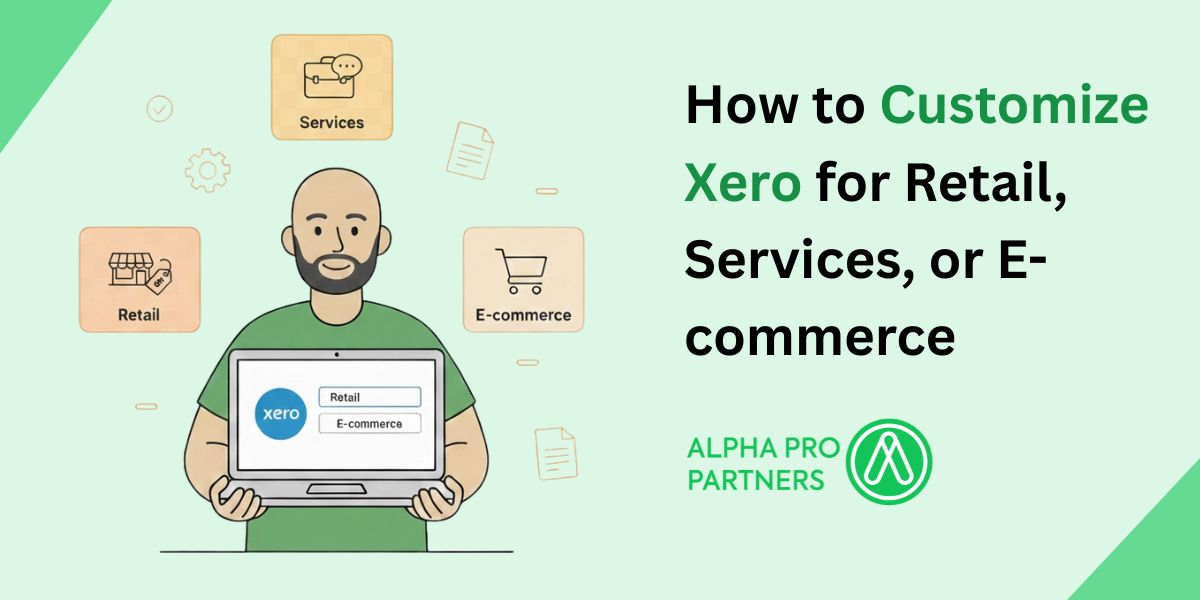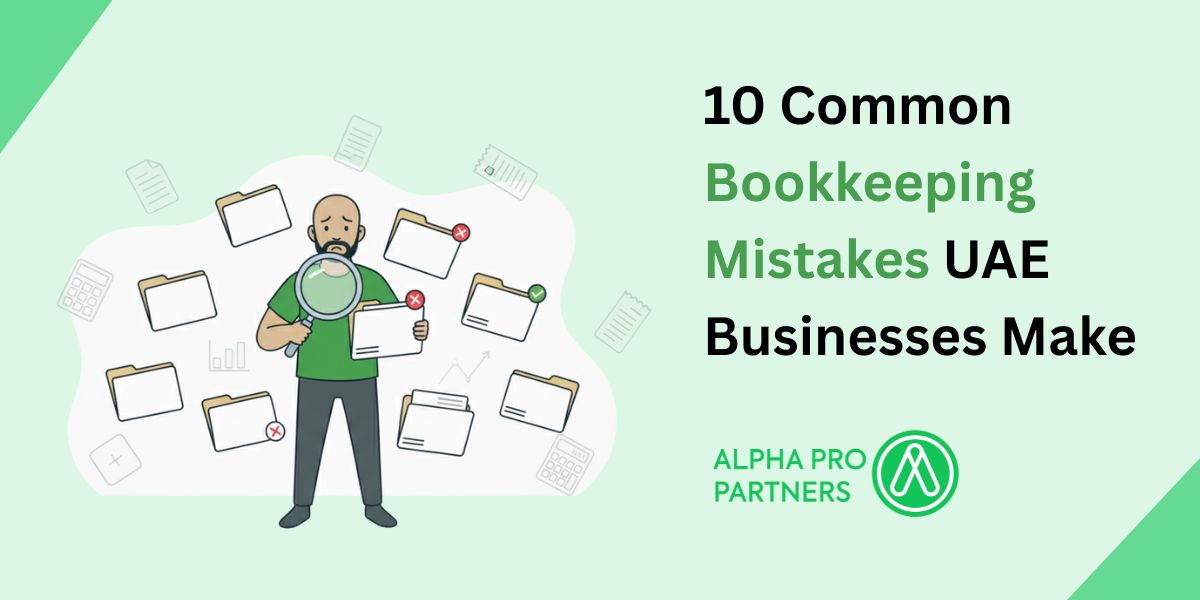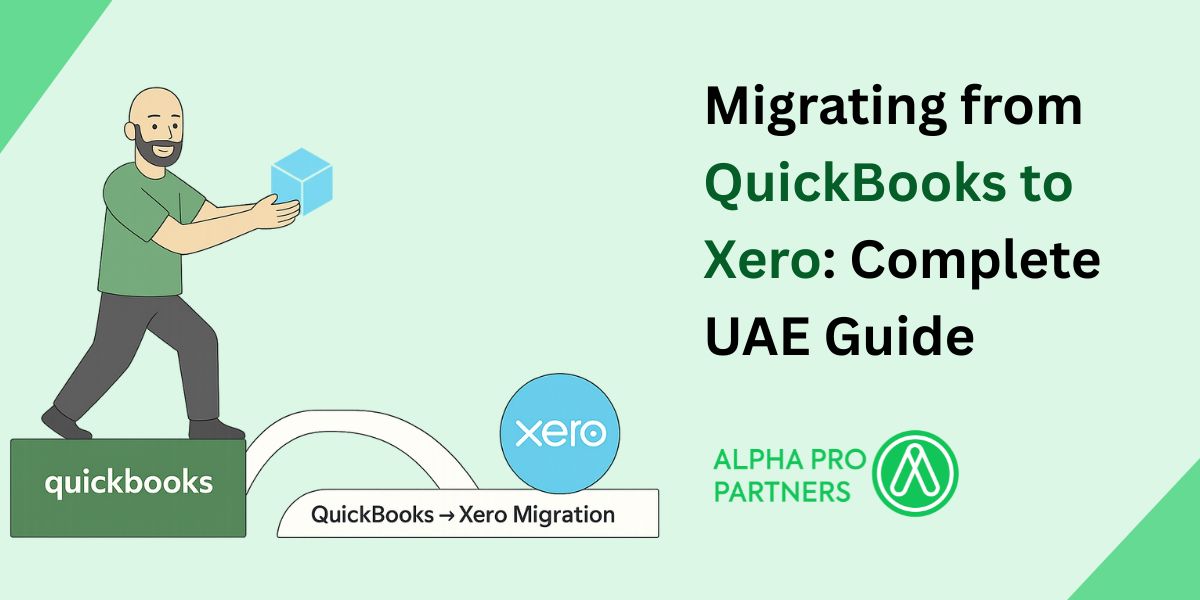How will VAT work for Small businesses in the UAE?

With the introduction of VAT in the UAE from 1 January 2018, small businesses should be well prepared even if they do not reach the registration threshold of AED 375,000. This article discusses a few brief points which should be considered.
As many small businesses may not reach the turnover threshold for registration, they would be wrong to think that they would not need to worry about registering for VAT. However, as the optional registration threshold is AED 187,500, a small business may want to consider registering for VAT especially if they are paying significant amounts of VAT on their expenses and overheads. This would then allow them to recover VAT-paid expenses, especially if they have large ticket items.
As VAT is an indirect tax that is charged through the supply chain, there may be instances where a customer of a small business may require a VAT invoice when providing goods and services. In this situation, the business may have no choice but to register for VAT. To check if this situation arises, it is advised to contact all customers early in the process to understand how they are complying with VAT and if they will require their trade partners to also have to register for VAT.
If on the other hand, the business is registered for VAT supplying goods and services to non-VAT registered businesses, micro-businesses (businesses with revenue of less than AED 187,500 per annum), or directly to the consumer then a different set of factors will need to be considered. The fact that a customer will not be able to recover VAT will mean that when the business invoices them they will automatically receive a 5% increase on the goods and services, which they will not be able to recover. Again, communication is key to understanding who are the affected customers so they are prepared for this change. If communicating to the customers is not an option, then other options could be that prices are gradually increased coming up to the VAT implementation date so once VAT goes live, it can be dropped by 5% so the customer does not feel the impact of VAT. The exception to this rule is obviously if customers are based overseas whereby no VAT would be charged and on big-ticket items for tourists would also not have an impact as they would be able to claim back any VAT paid upon departure.
If the small business will be registering for VAT, then they would need to consider an accounting system to use which would enable the collection of information for the quarterly VAT return. If a business sends invoices manually or via word/excel then the administration process of VAT would be very cumbersome and would increase the amount of administration required. At Alpha Pro Partners, we recommend small to medium-sized businesses use the cloud-based accounting software called Xero. It has strong security controls, invoices can be sent to customers at the touch of a button and the process of the quarterly VAT returns can be automated
A final point to mention which is a crucial factor for small businesses is cash flow. Why would VAT impact cash flow for a small business? In the UAE where credit payment terms are notoriously known to be longer than 30 days, and if they even happen to be longer than 90 days, then there will be a cashflow issue. This is because the VAT returns are due every three months, which includes the VAT payments due to the government. If a small business cannot collect payment from goods and services supplied within this period, then they will need to seek funding to be able to make the quarterly VAT payments. Therefore small businesses will need to ensure tighter controls on payments from customers and also ensure funding is in place in case they are not able to collect from customers within 90 days.
For more information and to get the latest updates on VAT in the UAE, subscribe to our email list or like our LinkedIn page.

.webp)







%20Widgets%2C%20Shortcuts%20%26%20Customisation.jpg)







.webp)
.webp)


.png)
.png)
.png)
.png)
.png)

.png)
.png)



.png)
.png)





.jpg)


.jpg)





.png)
.png)






.png)


